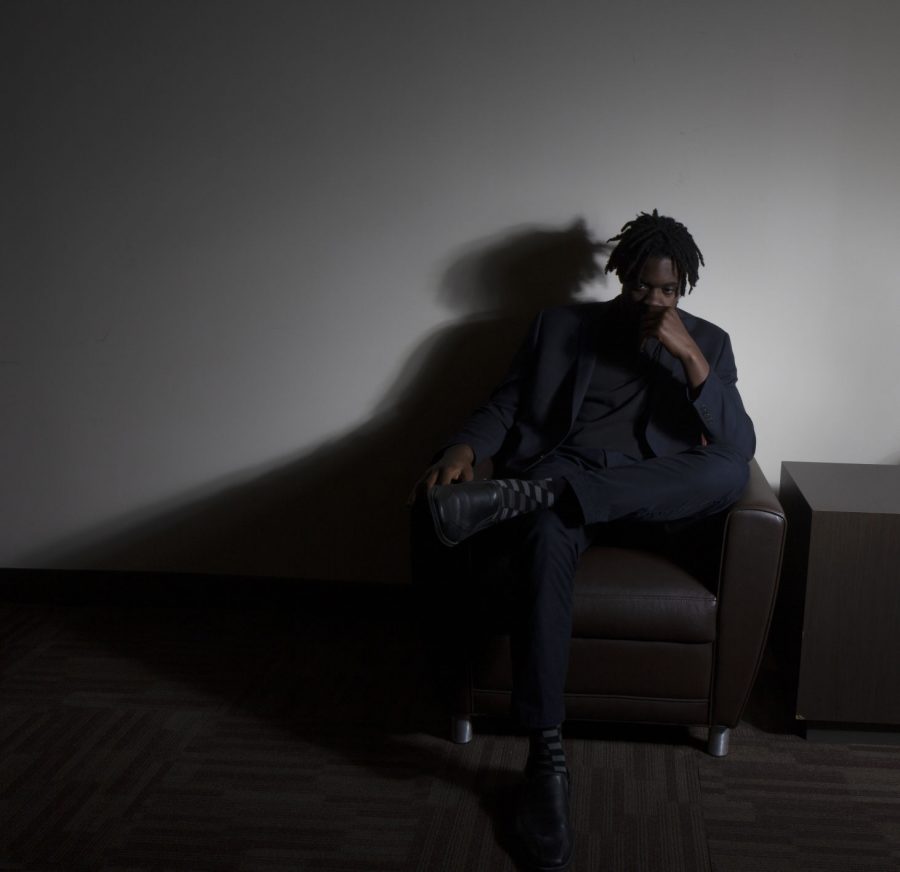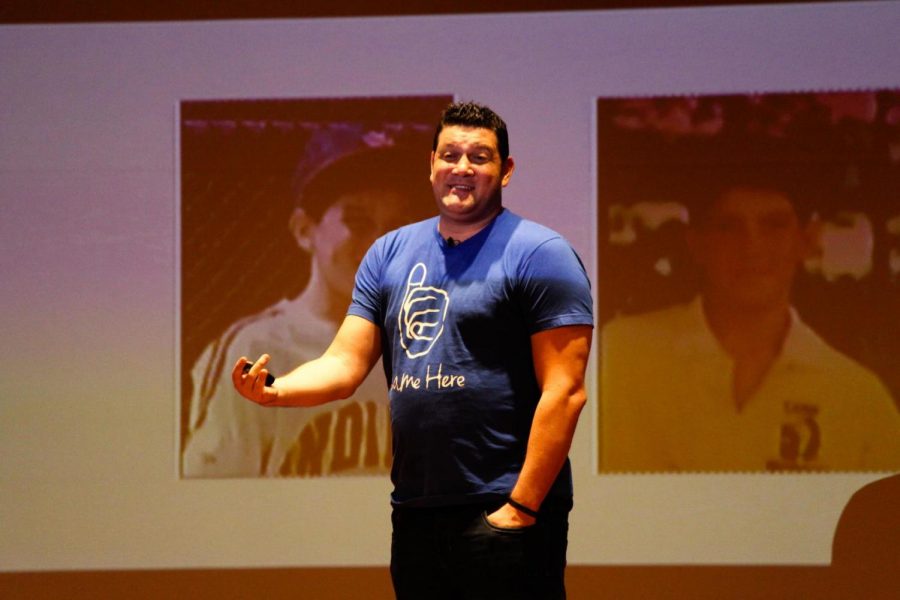Stresses multiply for many US clergy: ‘We need help too’
By DAVID CRARY
| February 18, 2020
Aromatherapy tips to improve health
By Kennedy Jones
| February 11, 2020
Social stigmas around mental health need to stop
By Anthony Parlogean
| December 1, 2019

A first-hand account of living with depression
By Anthony Parlogean
| October 30, 2019
Sleep deprivation could have scary consequences
By Anthony Parlogean
| October 9, 2019

#SameHere Movement advocates for mental health conversations
By Courtney Ransom
| October 11, 2018
Fill in the Blank: Send Silence Packing was…
By Northern Star Staff
| October 7, 2018

Stop inflammation with healthy diet
By Blake Glosson
| November 12, 2014

Students: Take action to ease your mental health
By Blake Glosson
| November 5, 2014
Don’t be afraid to seek aid
By Jeanette Fritz
| January 15, 2014
Illness more than skin deep
By Hayley Devitt
| September 12, 2013

Don’t get crushed under the weight of the world
By Holly New
| March 18, 2013
TRENDING
Advertisement
Advertisement
Advertisement
Advertisement
Advertisement
Advertisement






